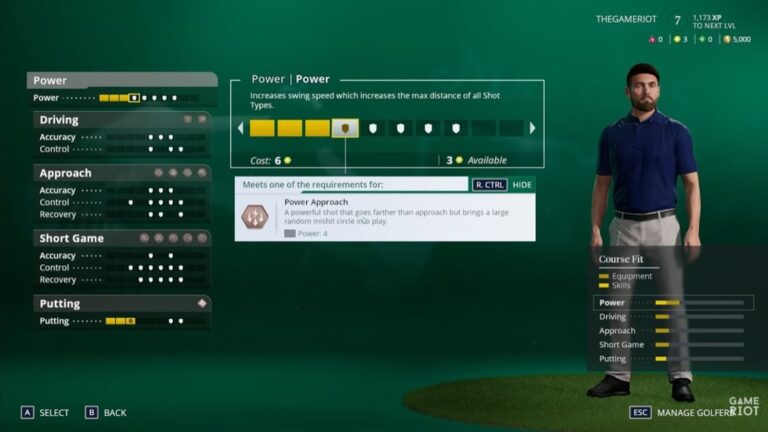Texting While Driving: The Shocking Statistics and Consequences
The Danger of Texting While Driving
Distractions, they’re everywhere. But when you’re in control of a moving vehicle, the smallest distraction can lead to dire consequences. Texting while driving is one such dangerous distraction. Instead of focusing on the road, our attention shifts to an insignificant text message or a trivial update on social media. This growing trend is not only hazardous to us, but also to people sharing our roads.
Studies indicate that drivers who text are 23 times more likely to be involved in a wreck. Think about that for a moment. It’s not just double or triple the risk, but 23 times the risk. We’re essentially holding our lives in our hands, every time we tap onto that phone screen behind the wheel.
It’s not just a matter of endangering ourselves. When we’re texting, that’s 10% of our total driving time not spent on the act of driving. That’s 10% of the time where our attention isn’t on the road, the other cars, or the pedestrians. Essentially, we’re driving blind for that amount.
And let’s not forget the legal consequences. Texting and driving is outright illegal in many states across the US. Penalties can range from hefty fines to driving bans and even jail terms, depending upon the severity of the resultant accident. The law doesn’t take kindly to texting and driving.
Drivers Who Text Spend About 10 of Their Driving Time
Moving on from our previous discussion, it’s important to delve deeper into the statistics and studies surrounding texting and driving.
The Percentage of Drivers Who Text and Drive
It’s alarming to note the prevalence of texting while driving. According to the National Highway Traffic Safety Administration (NHTSA), 20% of drivers confess to texting while behind the wheel. Even more concerning, half of all drivers between the ages of 18 and 24 say they’ve sent texts or emails while driving. This puts a significant portion of road users at high risk.
The Impact on Attention and Reaction Time
Texting while driving is not just a bad habit—it’s a dangerous one. It takes away from the total time a driver has to react to road conditions and unexpected obstacles. Research indicates that texting makes a driver’s reaction time 18 times slower than normal.
But there’s more. According to a study by Virginia Tech Transportation Institute, those who text while driving spend approximately 10% of their total driving time without their eyes on the road. This essentially means that they’re driving blind for that duration—a terrifying thought!
Furthermore, the NHTSA reveals that texting and driving is six times more likely to result in an accident than drunk driving. As we continue to delve into these statistics and their implications, one thing remains clear: the dangers of texting while driving are real and it’s our collective responsibility to act towards curbing this dangerous trend.
Legal Consequences of Texting and Driving
Statistics show that texting while driving incurs severe legal penalties, which vary significantly from one jurisdiction to another. Law enforcement officers are increasingly vigilant towards drivers who engage in this irresponsible and dangerous practice.
Fines and Penalties
One of the most immediate consequences drivers potentially face when caught texting while driving is hefty fines. Fines significantly vary by state; they may start as low as $20 and can escalate up to $1000. Per the Federal Communications Commission, penalties can even increase after subsequent convictions. Moreover, for repeat offenders, this could mean additional fees, court costs, and an increase in vehicle insurance prices. Beyond just fines:
- Some states classify this act as a primary enforcement law. Thus, police officers can issue tickets without observing any other violation.
- Other states categorize it as a secondary enforcement law, meaning fines are handed out after a separate, primary violation is observed, such as speeding.
- In worst-case scenarios, particularly if an injury or death results from the offense, drivers could face imprisonment.
License Suspension
License suspension is another potential repercussion of texting while driving. In some states, novice drivers caught texting and driving might have their licenses suspended or revoked. Repeat offenses also often lead to license suspension, even for experienced drivers.
License suspension is a serious penalty as it affects how individuals carry out daily tasks such as traveling to work or grocery shopping. For commercial drivers, license suspension could result in job loss, creating a significant economic burden.
In all, the legal implications of texting while driving cannot be brushed under the carpet. These penalties serve as a deterrent to individuals who might otherwise contemplate engaging in this perilous behavior. Manifestly, these legal ramifications highlight the gravity of the issue and society’s collective desire to put an end to this dangerous trend.



